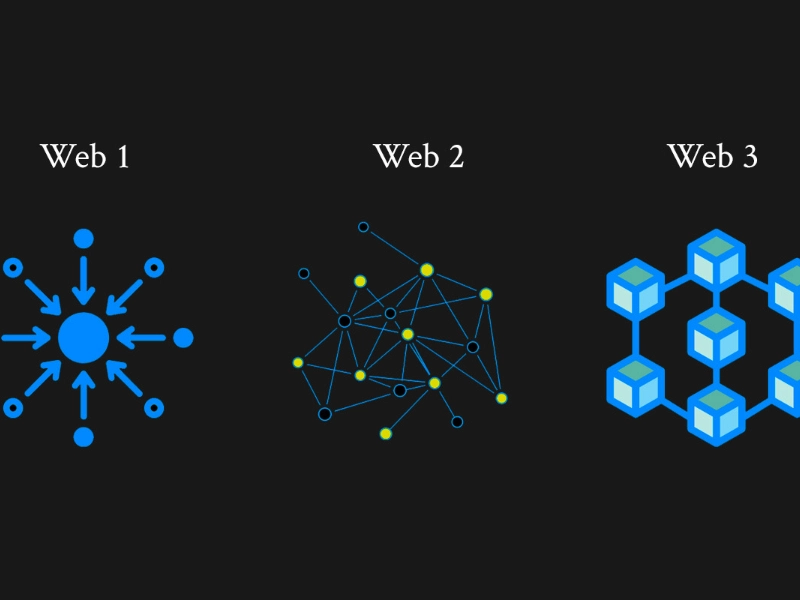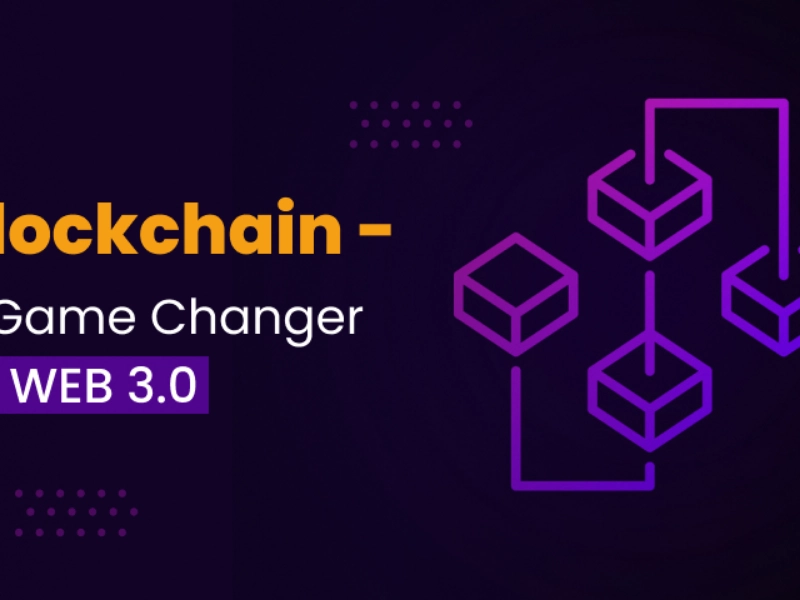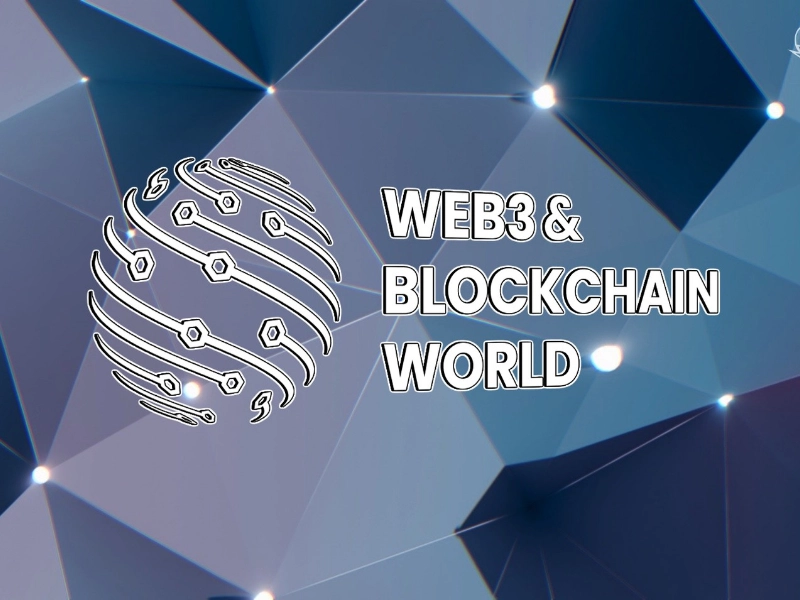The combination of Web3 and blockchain technology will transform the way we operate. For gig workers, they provide a new degree of empowerment and openness.
Transactions that are transparent let you keep track of your job and establish a strong reputation. Smart contracts guarantee on-time payments and automate agreements. Additionally, dApps can use non-fungible tokens (NFTs) to monetize your effort. They are also very safe and scalable.
Dispersion

One of the main characteristics of Web3 is the decentralization of power and data, however there are a number of issues that must be resolved. For instance, there are security flaws in the technology itself and the blockchain network might use a lot of energy. Nonetheless, these problems have been lessened by the advancement of more effective technology.
Blockchain technology can potentially help gig workers by allowing them to tokenize their reputation and talents and conduct cryptocurrency-based transactions. They may be able to secure short-term job contracts and attract new clients in this way. By purchasing using bitcoin, users may also access their earnings more quickly.
Additionally, the transparent ledger of the blockchain encourages accountability and transparency, lowering the possibility of fraud and identity theft. The gig economy will be able to function with more assurance and trust thanks to this capability. Additionally, it will raise the standard of the gig economy as a whole. It will also enable gig workers to take on new tasks that call for a wider range of expertise.
Openness

The gig economy has been attacked for its increased competition and lack of job security, despite being all about flexibility and remote employment. With the advent of Web3 and blockchain technologies, the landscape is about to shift and workers will have greater ownership, transparency, and autonomy.
For instance, freelancers can tokenize their reputation and expertise on blockchain-based platforms like Braintrust, which makes it simpler for them to demonstrate their qualifications and land a job. Non-fungible tokens (NFTs) also enable artists to sell their creations directly to customers, cutting out intermediaries and increasing profits.
Lastly, by guaranteeing that each participant is compensated for their contributions, blockchain-based smart contracts simplify cooperation. Cryptocurrency transactions also provide financial anonymity and quicker access to earnings. When paired with the other Web3 components, this technology will completely transform the way people make money and build a more transparent and equal digital marketplace. In the end, both businesses and consumers will profit from this. However, there is still more to be done.
Possession

In the conventional gig economy, platforms own the earnings and data of their users. However, Web3 promotes openness and returns control to the user by storing data on distributed public ledgers. Additionally, it has smart contract features that automate deals and guarantee users receive their full and timely payment.
Gig workers can connect with each other through Web3's support for decentralized marketplaces and other collaborative models. Their new method of working enables them to establish more productive workflows and foster trust. It also promotes conditions that are more democratic and interactive.
Although Web3 technologies are difficult to learn, with perseverance and patience, gig workers can benefit from new opportunities and increased empowerment. Non-fungible tokens (dApps) allow gig workers to showcase their abilities, and decentralized applications (dApps) facilitate job searching and portfolio management. Furthermore, digital transaction records that are clear and safe are provided by cryptocurrencies like Bitcoin. This increases the difficulty with which fraudsters can alter data or sell illicit goods.
Safety

A varied workforce that works from anywhere in the world powers the gig economy. It is further propelled by technological advancements that facilitate decentralized labor and self-governance, leading to increased openness, responsibility, and safety for all parties.
For instance, a gig worker can use the blockchain to maintain their history and reputation in order to validate their abilities, backgrounds, and prior work. In order to land future jobs, this would enable individuals to establish a reliable and respectable professional profile without the need for centralized verification bodies.
Furthermore, payment methods that are automated and transparent are made possible by Web3 and blockchain technology. This would prevent exploitation and guarantee that gig workers receive payment for their labor in a fair and timely manner, as well as for valid work. These technologies can also offer a safer means of exchanging and transferring digital assets like bitcoins. Smart contracts—self-executing contracts with rules encoded straight into code—make this feasible by streamlining many of the intricate details of conventional gig transactions.
Recommended Reading: Unlock Your Future: Explore The Most Affordable Online MBA Programs For 2024
























Policy-ready phrasing style.
Encourages principled pruning.
Keeps onboarding slope gentle.